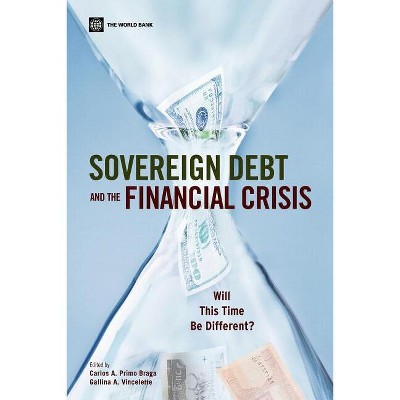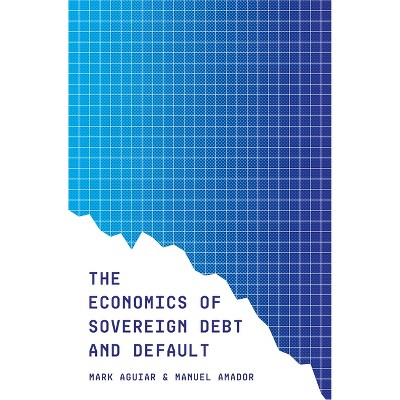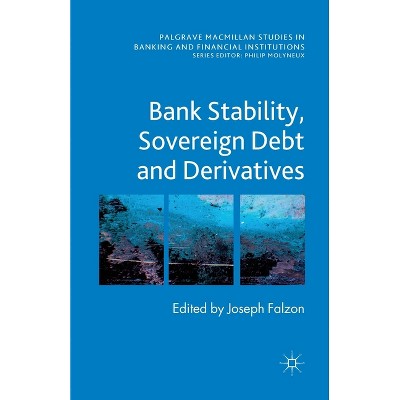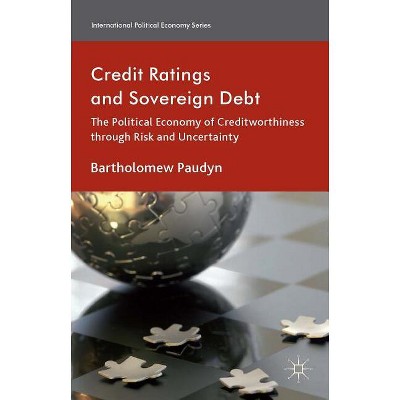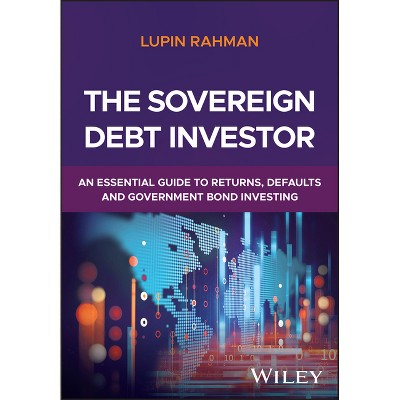About this item
Highlights
- About the Author: David F. Tennant is Professor of Development Finance in the Department of Economics and Associate Dean in the Faculty of Social Sciences at the University of the West Indies, Jamaica.
- 125 Pages
- Business + Money Management, Finance
Description
From the Back Cover
Sovereign Debt and Credit Rating Bias rejects the notion that credit rating agencies' rigorous and transparent determination of ratings leaves no room for bias, and debunks the myth that the value CRAs place on their reputational capital precludes prolonged biases. To determine the extent of CRAs' biased actions, Tennant and Tracey apply a rigorous methodology to a well-established economic model of the determinants of sovereign debt quality. They present strong evidence of bias against poor countries and demonstrate how biased rating changes could disadvantage such countries and the companies operating therein as they seek access to international capital markets. They discuss plausible explanations for the bias and suggest remedial measures that would help ensure balance in credit rating changes. This book fills an important gap by rigorously examining a long-standing but often ignored concern about the rating practices of credit rating agencies.Review Quotes
General Comments
The proposed book is on a very important issue in the areas of International Finance and Development Economics. The book seeks to investigate the ratings of sovereign debt by rating agencies, especially the assignment of upgrades and downgrades, in order to ascertain if there are inherent biases against developing countries in the rating agencies' practices. As the authors indicated, this is a serious allegation that warrants rigorous analysis.
Interestingly, the allegation is not without merits as many practitioners and researchers have raised concerns about the issue. Unfortunately, however, no study has been done to date to empirically investigate this allegation. The proposed book is thus very timely and fills a critical gap in the literature. It is an original idea and the book has the potential to be a seminal work that will trigger interests in this line of enquiry for many years to come.
Strengths
The analytical approaches proposed are sound methodologies that will yield empirical evidences for the results chapters. These provide objective basis for answering the question that the book sets out to answer.
The discussion of the literature is also an area of strength as it brings the reader up to date on the controversies that the book is aimed at addressing.
Weaknesses
The book has justifiably selected S&P as a case study. There is no problem with this approach but there is a potential limitation that the implications of the results will be limited to S&P's ratings. This alone also does not provide for a platform to establish 'an objective benchmark against which to compare the practices of the rating agencies' as the authors would like to.
Recommendations
I will recommend that the book be published with the suggested minor revision to Chapter 3.
About the Author
David F. Tennant is Professor of Development Finance in the Department of Economics and Associate Dean in the Faculty of Social Sciences at the University of the West Indies, Jamaica. He was previously Economist in the Financial Regulations Division of the Jamaican Ministry of Finance and Planning.Marlon R. Tracey is a doctoral student in his final year of studying labor economics and applied econometrics in the Department of Economics at Binghamton University, State University of New York, USA. He was previously Lecturer of Statistics and Statistics Coordinator in the Department of Economics at the University of the West Indies, Jamaica.








